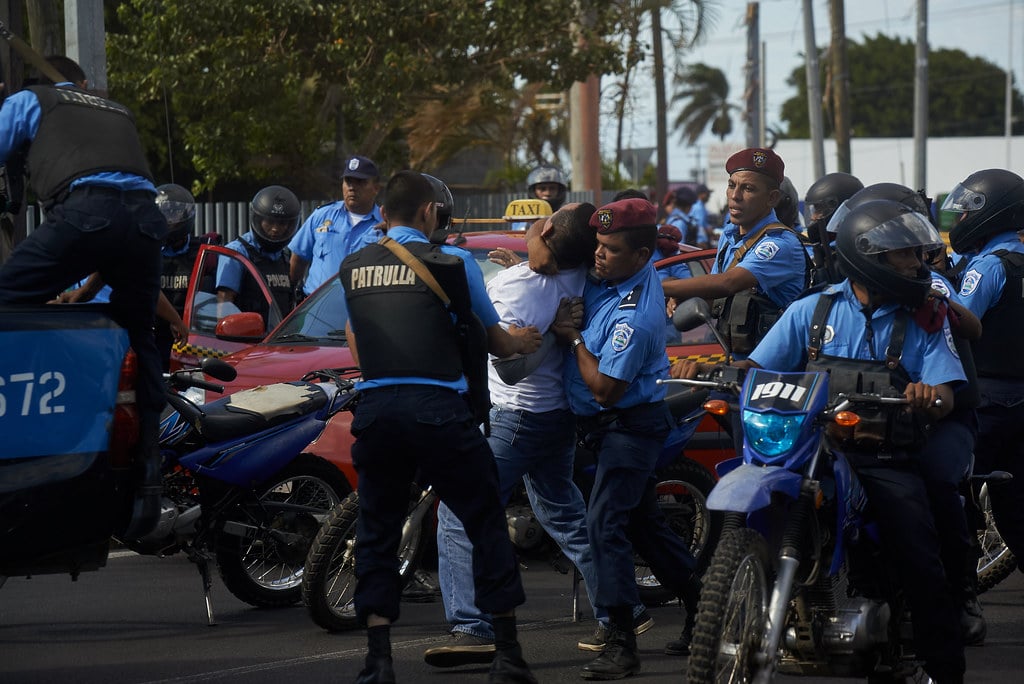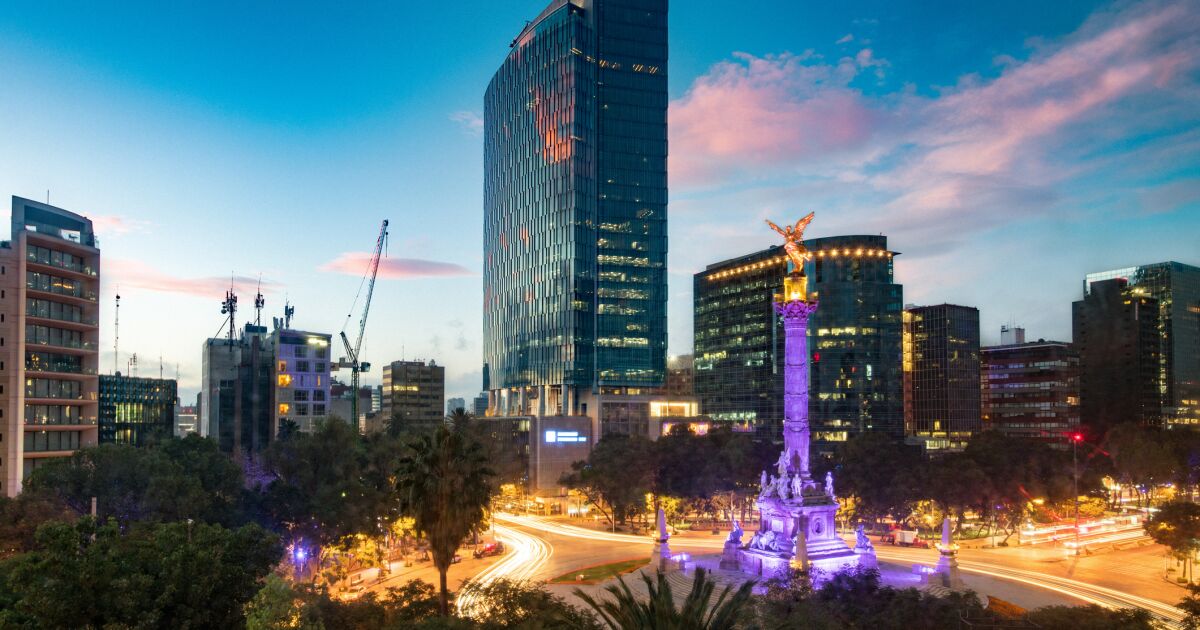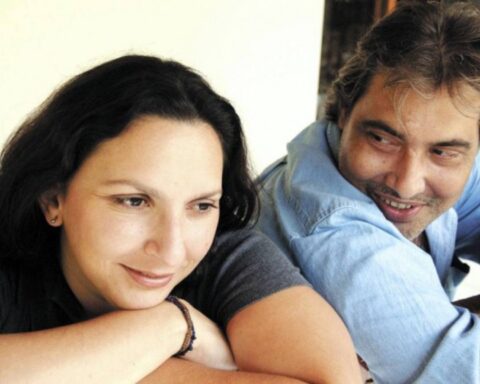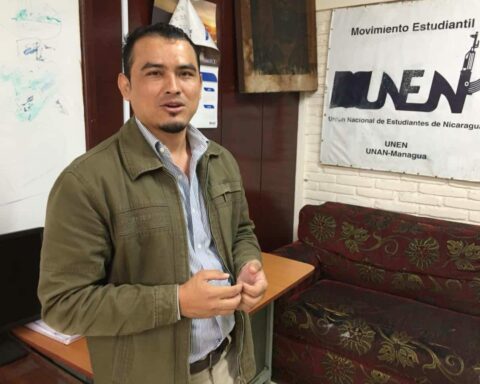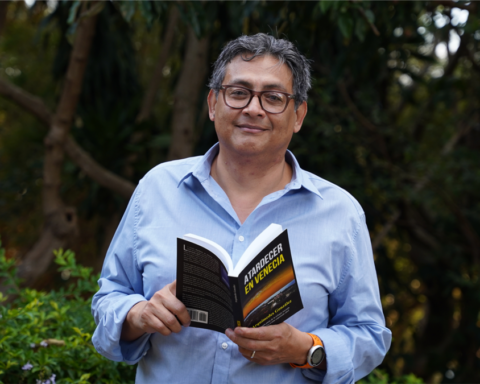The Observatory for the Protection of Human Rights Defenders and the Nicaraguan Center for Human Rights (Cenidh) warn about a “drastic and rapid closure of civic spaces “in Nicaragua, which” has been fed “by the approval of a” machinery of repressive laws “and the”utilization of parastatal expressions to neutralize the opposition and criticism ”of the regime of Daniel Ortega and Rosario Murillo.
“When the institutionality is at the service of the concentration of power, everything questioning is undesirable and is avoided ”, both organizations denounce in the report“ The New Laws of Repression ”, in which they portray that this makes Nicaragua“ one of the least conducive places on the continent ”for human rights.
They explain that, under this context, the general elections will be held on November 7, “without democratic opposition and with the work and voices of those who defend human rights silenced”, which leads Nicaragua to the consolidation of “a totalitarian regime ”.
“The Government has tried to install an official discourse that constructs human rights defenders, journalists, and opponents as an internal enemy, which clearly represents an attempt to dissuade people from defending human rights, frightening those who criticize it and submitting them to silence ”, they lament.
#SOSNICARAGUA ? Various laws have been enacted to hinder freedom of expression and dismantle civil society, making the #Nicaragua in one of the least conducive places on the continent to exercise the right to defend rights
➡️https://t.co/HoYu6VRBqk pic.twitter.com/t0dCDMJDH8
– FIDH (@fidh_es) November 3, 2021
To date, more than 150 people have been detained in the context of repression in Nicaragua, “through a repressive regulatory framework that seeks to suffocate Nicaraguan civil society,” which since May 2021 has imprisoned 39 human rights defenders and political opponents, including seven presidential candidates.
They also detail that, since 2018, 50 non-governmental organizations have been closed. This new repressive stage is characterized, in the report, with “the enactment of restrictive laws that abusively control the activities of civil society organizations.”
“They put its international financing under suspicion, assuming that it is an instrument of foreign intervention or a mechanism of organized crime and terrorism, turning the right to associate to defend human rights and the exercise of civil and political rights into crimes or cybercrimes”, they mention .
Deny complaints
The report explains that “cEach complaint about the arbitrariness and violations committed, far from promoting an act of correction by the State, it is returned with denial, misrepresentation or discredit ”.
Remember, that during the Public Hearing on Provisional Measures of Cenidh and the Permanent Commission of
Human Rights (CPDH), in May 2021, the head of the Office of the Attorney for the Defense of Human Rights (PPDH) affirmed “that provisional measures were being used for media and ideological purposes and that non-existent situations were fabricated ”.
“With this maxim that permeates the entire state apparatus, a robust legal apparatus was built that controls the activities of organizations -characterized as enemies-, that obstructs their work, deprives them of their funding, meddles in their own affairs, it cancels its legal status and confiscates its headquarters and equipment ”, they denounce.
They urgently release political prisoners
Both the Observatory and Cenidh demand, in the report, the State of Nicaragua “limmediately and unconditionally releaseyou ”to the 39 opposition persons detained in the electoral context, as well as “the other 114 human rights defenders and political opponents arbitrarily detained ”.
They recommend “reversing the institutional, legal and administrative framework built under the presumption that human rights defenders and their organizations are anti-revolutionary, terrorists, coup plotters or enemies ”.
“The Nicaraguan judicial apparatus must rescue and give primacy to the principle of independence of justice based on conventional control of the actions of the public function. It is urgent that the Judicial Power signals the fight against impunity and effective access to justice for violations committed against human rights defenders ”, they request.
They also ask to allow the entry into the country of the Inter-American Commission on Human Rights (IACHR), the Office of the United Nations High Commissioner for Human Rights (Oacnudh), the European Union (EU) and other international organizations, “so that they can monitor the human rights situation in Nicaragua ”.
They demand international pressure
Organizations urge the United Nations, “establish an independent international mission to determine the facts and send it urgently to Nicaragua so that it can verify the conditions of detention of all human rights defenders and political opponents in the country”.
At the same time that it “investigates extrajudicial executions, arbitrary detentions, torture and other cruel, inhuman or degrading treatment committed since 2018 ″ in order to ensure “full accountability of the perpetrators and justice for the victims ”.
They demand that “the Relevant European diplomatic missions should be proactive in executing the Guidelines of the European Union on Human Rights Defenders created in 2007 ″, which asks them to “havebe present at the headquarters of their organizations in the courts where the trials against their members and in the detention centers where they remain imprisoned ”.
At diplomatic missions of Latin American countries ask them to “promote compliance with the Democratic Charter of the OAS ”and to the countries from which the cooperation agencies originate “that under the regulatory framework created (by the Ortega-Murillo regime) are branded as financing terrorist actions, they must publicly pronounce on the serious impacts that this presumption has ”.
The Observatory for the Protection of Human Rights Defenders is a program created in 1997 by the International Federation for Human Rights (FIDH) and the World Organization Against Torture (OMCT).

